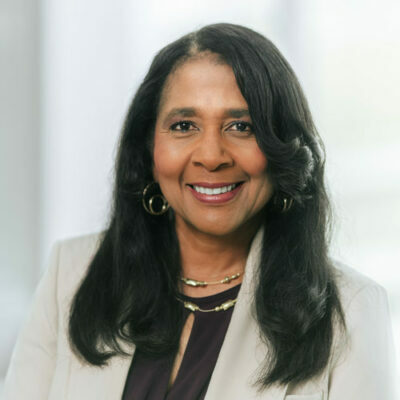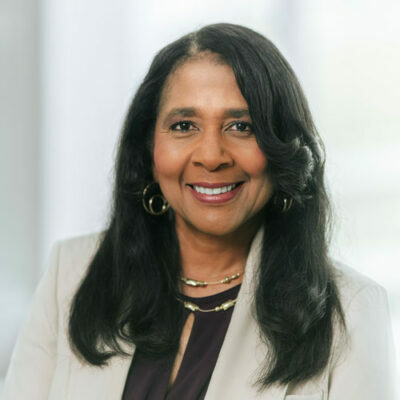I have come to have considerable respect for an organization called the Association of Governing Boards (AGB) which is the premier organization centered on governance in higher education. AGB provides leadership and counsel to member boards, chief executives, and others to help them navigate the changing education landscape.
We at Des Moines University (DMU) have relied on this organization over the past few years as we look to follow best practices. I often quote principles from AGB, such as integral leadership, as I work to advance our organization working in partnership with my board and particularly with the Chairman and executive committee of the Board of Trustees.
Most boards follow a timeline which allows for new leadership to rotate on a periodic basis. At DMU that period is every three years and in our board meeting which just ended this weekend, a new slate of officers was announced. For the past three years, Dr Larry Baker, DO’77 served as Chair, and because of his leadership we have evolved and transformed the work of the board in a number of ways. Now Dr Baker moves to the Immediate Past Chair seat and Mr. Steve Morain, JD assumes the Chair. The baton has been passed and it feels somewhat like the “Changing of the Guard”. What is satisfying for me as President/CEO is the realization of the fact that we all embrace best practices for Board leadership as ascribed to by the AGB. The transition will be smooth because we all trust the approach and the philosophy.
We rely on the AGB for guidance and I often refer to a recent publication of the AGB called “Consequential Boards….Adding Value Where It Means Most.”
This publication reflects the work of a National Commission on College and University Board Governance led by the Honorable Phillip Bredesen, former Governor of the state of Tennessee. This report is available at www.agb.org and I would encourage anyone working in higher education with interest in governance to take a look.
This commission has offered seven recommendations aimed at boards in support of the distinct role only they can play.
I share the recommendations from this report as follows:
- Boards must improve value in their institutions and lead a restoration of public trust.
- Boards must add value to institutional leadership and decision making by focusing on their essential role as institutional fiduciaries.
- Boards must act to ensure the long-term sustainability of their institutions by addressing changed finances and the imperative to deliver a high-quality education at a lower cost.
- Boards must improve shared governance within their institutions through attention to board-president relationships and a reinvigoration of faculty shared governance. Boards additionally must attend to leadership development in their institutions, both for presidents and faculty.
- Boards must improve their own capacity and functionality through increased attention to the qualifications and recruitment of members, board orientation, committee composition, and removal of members for cause.
- Boards must focus their time on issues of greatest consequence to the institution by reducing time spent reviewing routine reports and redirecting attention to cross-cutting and strategic issues not addressed elsewhere.
- Boards must hold themselves accountable for their own performance by modeling the same behaviors and performance they expect others in their institutions.
As I reflect on these 7 recommendations I can honestly say we are well on the way to embracing each one of them. There is considerable momentum and positive energy to advance this organization forward and I am pleased to do it with the collaborative partnership I have established with my board.
OnWard! #DMUPROUD


